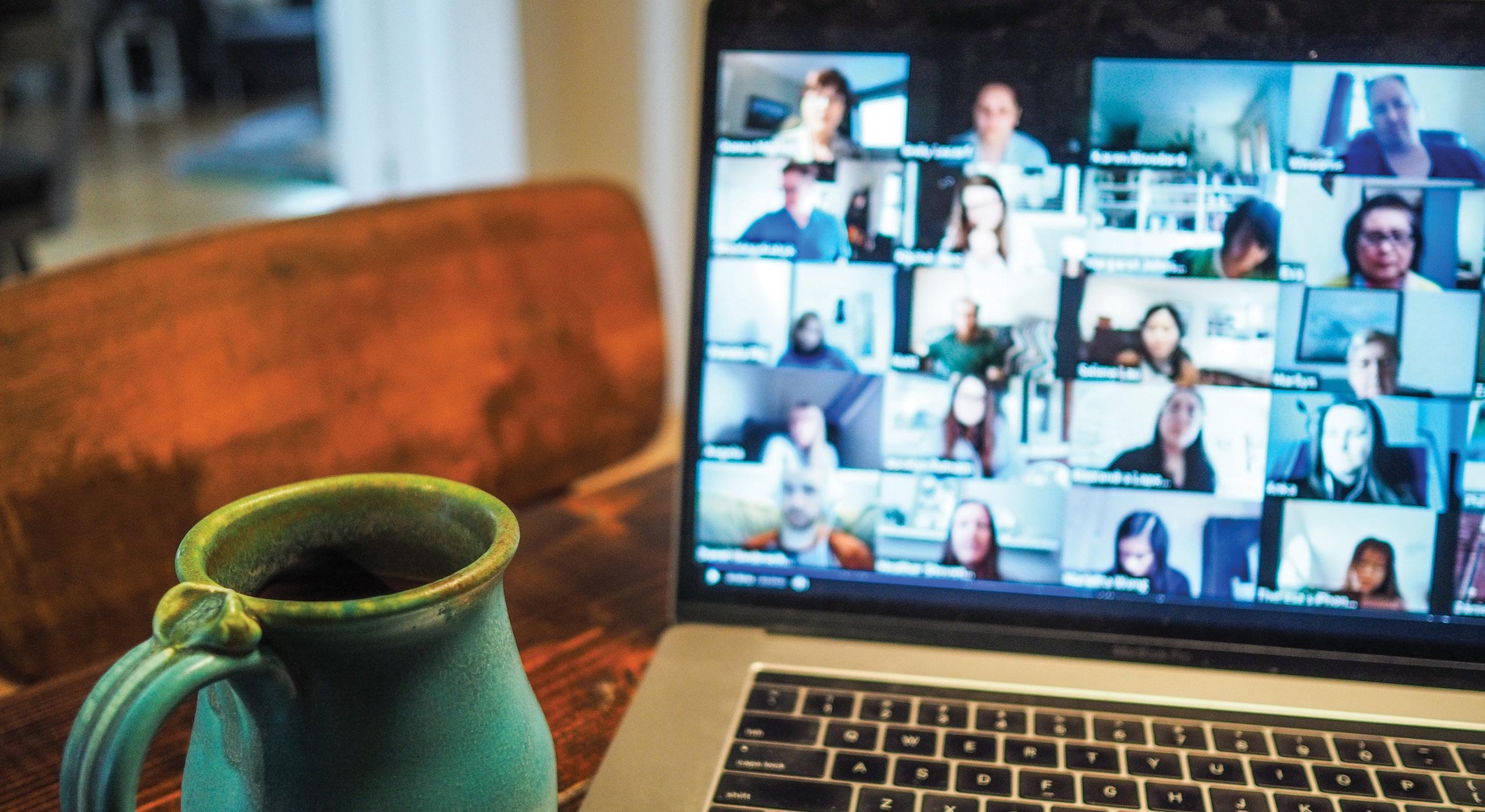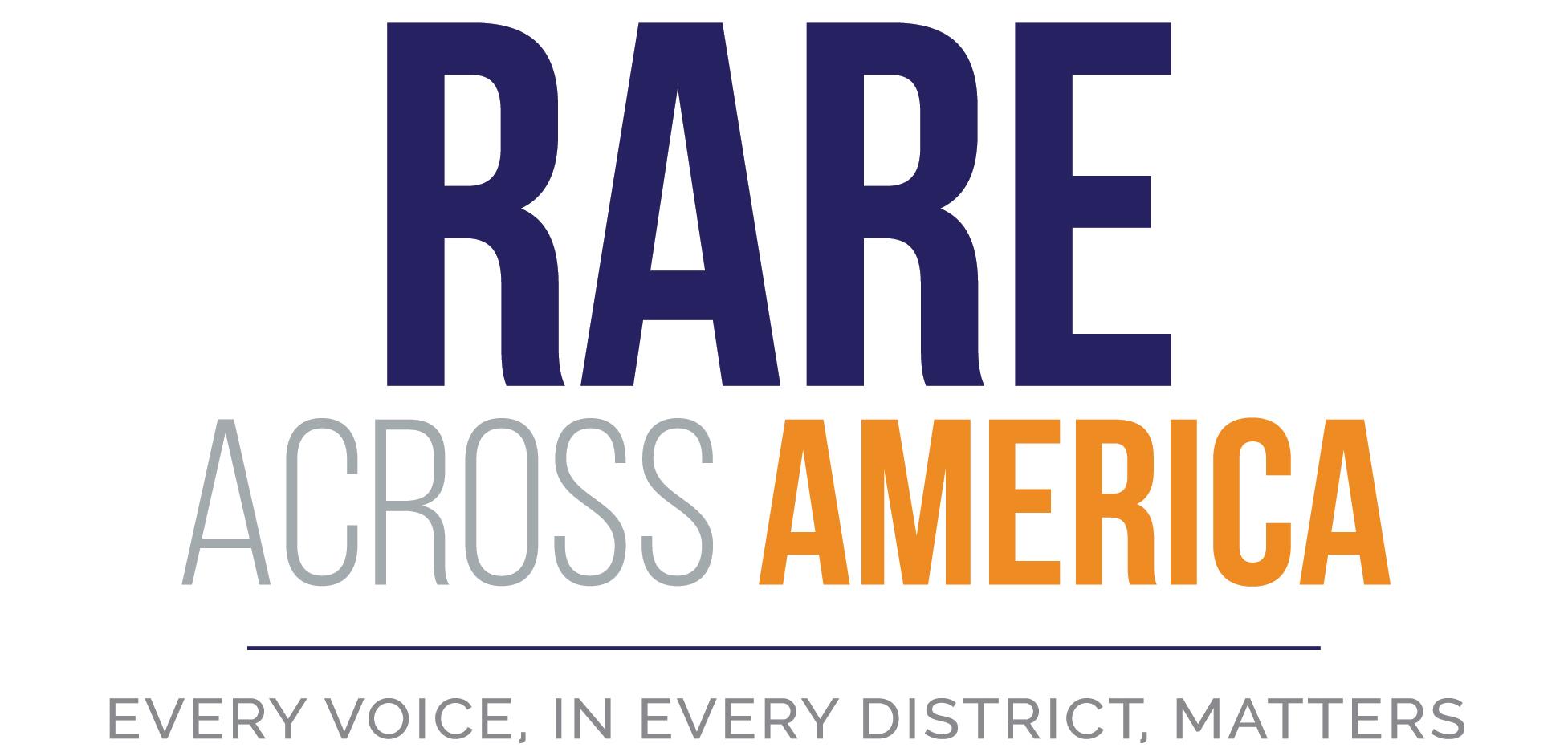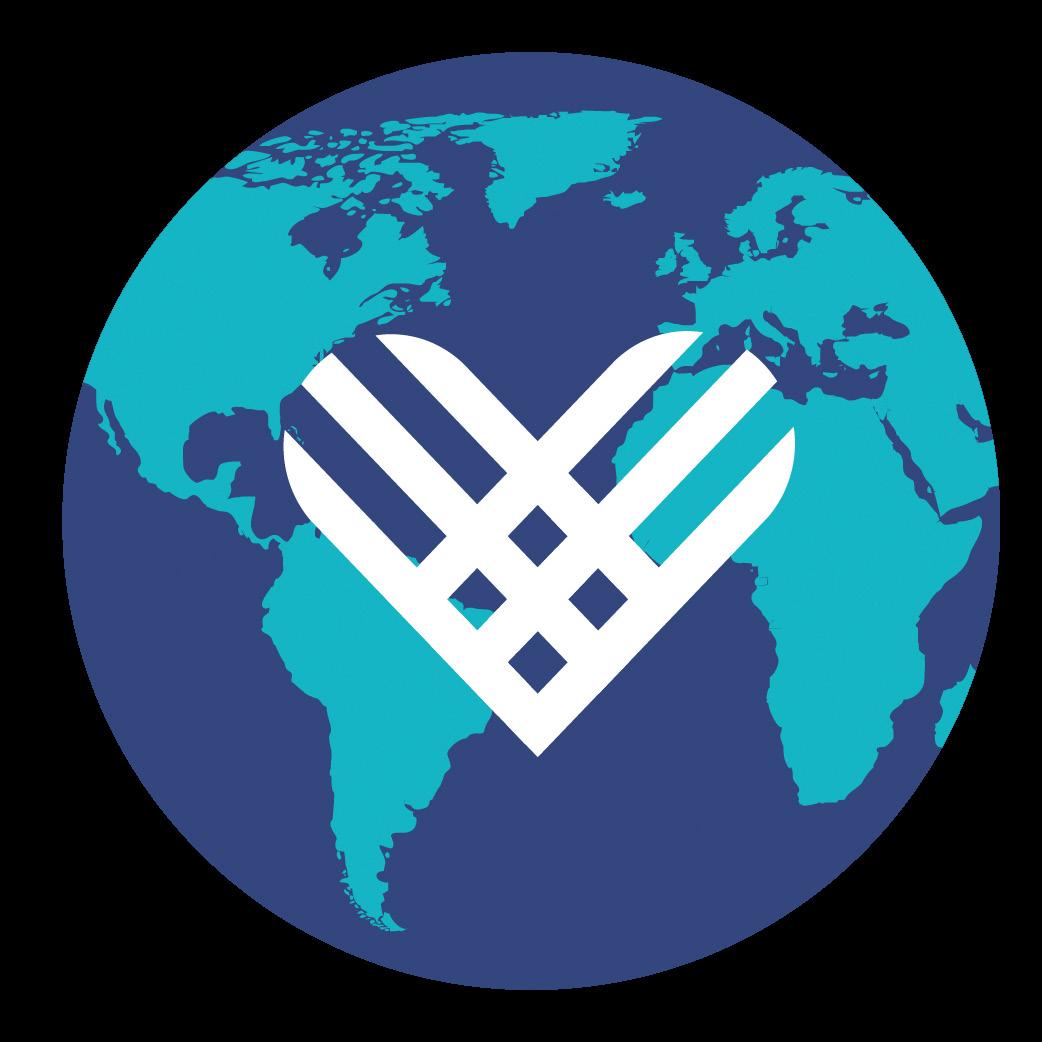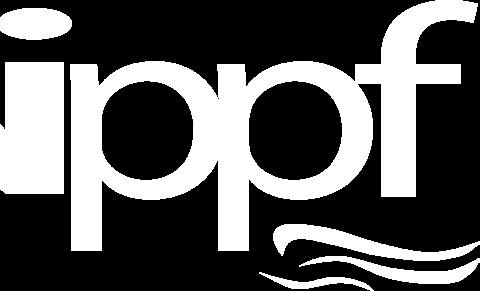
6 minute read
Looking to the Future
IPPF LEADERSHIP
Kevin Mead and Marc Yale
Advertisement
Over the past several months, the IPPF performed an intensive search for a new executive director to lead our community going forward. We were fortunate to find an experienced individual who is equipped to meet our unique challenges. The IPPF is in good hands with Kevin Mead, who has taken over as the Executive Director of the IPPF. Former Executive Director Marc Yale has transitioned to a new role as the IPPF Research and Advocacy Coordinator. Kevin and Marc connected virtually to interview each other about the future of the IPPF.
Part 1
Kevin Mead (KM): Can you walk us through the reasons for the leadership change and what you will be doing next?
Marc Yale (MY): I have struggled with a pemphigoid relapse that started in April 2018. I had to step away from the executive director role in order to focus on my health, but I didn’t want to leave entirely as I have such a strong connection with the Foundation and its work. The IPPF Board of Directors wants to expand our work in both advocacy and research, and I thought that taking this on as a volunteer while also retaining my peer health coach responsibilities was critical to our future.
KM: So where does advocacy go from here? Both in your work and in mobilizing the patient community?
MY: Well, that’s it! We need to mobilize our patient community. Developing our Awareness Ambassador program and making sure that patient voices are heard so that we can influence the political and regulatory processes is a critical part of building awareness.
KM: Moving to research, what excites you about current and future research that would assist the patient population?
MY: We have seen an expansion of research, which is exciting. This is because we have the biomarkers that enable researchers to know which antibodies are present and to develop therapies based on this knowledge. Medicine is expanding rapidly, but it is really important that patients are involved. Through initiatives like the IPPF Natural History Study, we can provide a route for effective patient involvement. In the future, we should be able to use technology to give patients the ability to track their disease journeys through apps, and then use this knowledge to enable research through engaged patients.
KM: What will you miss the most as you transition to your new role?
MY: Since I’ll still be involved in the areas I’m most passionate about, there won’t be much to miss! I will be building the research and advocacy initiatives and staying involved with the patient population and other stakeholders. However, one area that has changed are my administrative duties. For example, last month we lost the lease on our office space, and now that’s your problem, Kevin!
KM: There have been great advances made by the Foundation recently. What do you consider as the IPPF’s biggest accomplishments over the last five years?
MY: I think the five biggest accomplishments from the past five years are:
1. The launch of the new IPPF website
2. The expansion of the Peer Health Coach program
3. The 2020 Virtual Patient Education Conference
4. Our continued efforts to send patient advocates to Washington, DC, to advocate on behalf of all rare disease patients
5. Working with researchers to develop therapies, expand scientific conferences, and build a relationship with the US Food and Drug Administration
Part 2
Marc Yale (MY): Kevin, we are excited to have you on board. What initially made you think about joining the Foundation?
Kevin Mead (KM): When I first saw the job advertised, like other people, I had not heard of pemphigus and pemphigoid. As I did some research, I discovered that some of the therapeutic treatments were similar to ones that I had received for a different autoimmune condition. Having established that connection, and after talking with you and the Board of Directors, I was convinced that this was an organization making a difference in the lives of patients, and that becoming a part of it would be both challenging and inspiring.
MY: How do you see the Foundation growing in the future?
KM: You mentioned our new website. One issue that we face is increasing both the number and quality of visits to this important resource. This is indicative of a number of things that we must do. We need to be the first place patients go for peer support, both before and after being diagnosed. As we expand information and services, we must always remember to put patients at the center of everything we do.
A further area of growth for us will be expanding internationally. As access to medical technology increases across the world, more P/P patients will need access to information and support. We have already received a grant to assist in the establishment of a patient support group in Kenya, and I see this as an example of future expansion.
MY: These are strange times, and all organizations are facing challenges. What do you think are the biggest challenges facing the IPPF right now?
KM: First, let’s talk about the things that are not a problem: enthusiasm, the demand for information, a vocal and active patient group interested in new therapeutics and clinical trials, and the need for patients who feel isolated with their disease to connect with peers. All of these things are strengths for us. They are the building blocks of the Foundation’s future.
Now, one of the things that is problematic is funding. We need to expand our sources of funding and, bluntly, convince the patient population of the impact they can have through the IPPF on peer patients, governments, the pharmaceutical industry, and the medical community. That impact then needs to be translated into successful grant applications and fundraising appeals.
A further challenge is to make the diseases and their effects better known outside of our stakeholder communities.
MY: After a successful virtual patient conference in October, what is the future for IPPF meetings and conferences?
KM: Going virtual with the Patient Education Conference in 2020 was a great success. Nearly two-thirds of attendees were first-time participants. The message there is that we have to expand and enhance our education and communication efforts using technology, virtual events, and additional opportunities for information sharing.
We are looking at the number and timing of events, the platforms that we use to support enhanced experiences, and the ability to host hybrid events with both in-person and virtual components.
MY: What surprised you the most during your first few weeks?
KM: The commitment and enthusiasm of the Board of Directors, volunteers, and staff. You expect competence, but when you get people willing to sacrifice their evenings and weekends in order to enhance the effectiveness of the Foundation, you realize that this is a very special organization.
MY: What should readers know about the future of the Foundation?
KM: Let’s not minimize the challenges we face. Demand for services and information is increasing, and many of the individuals and organizations that support us face uncertain times, at least partly due to COVID-19.
Despite this, the difference that the IPPF makes in the lives of patients every single day is so important that the board, staff, volunteers, and the entire patient universe need to commit to stability and expansion in order for the work to continue, so that we can build a brighter future together.










